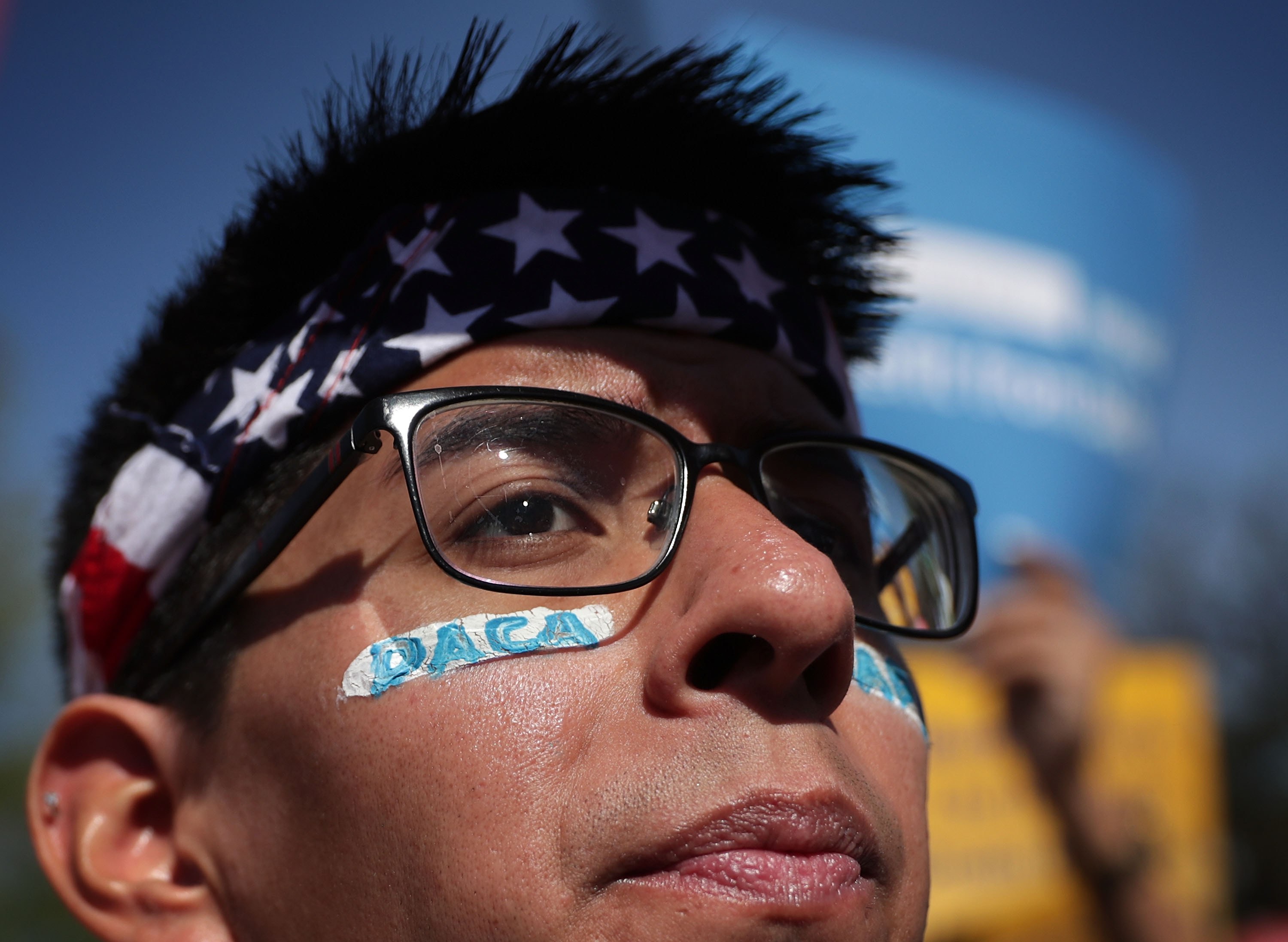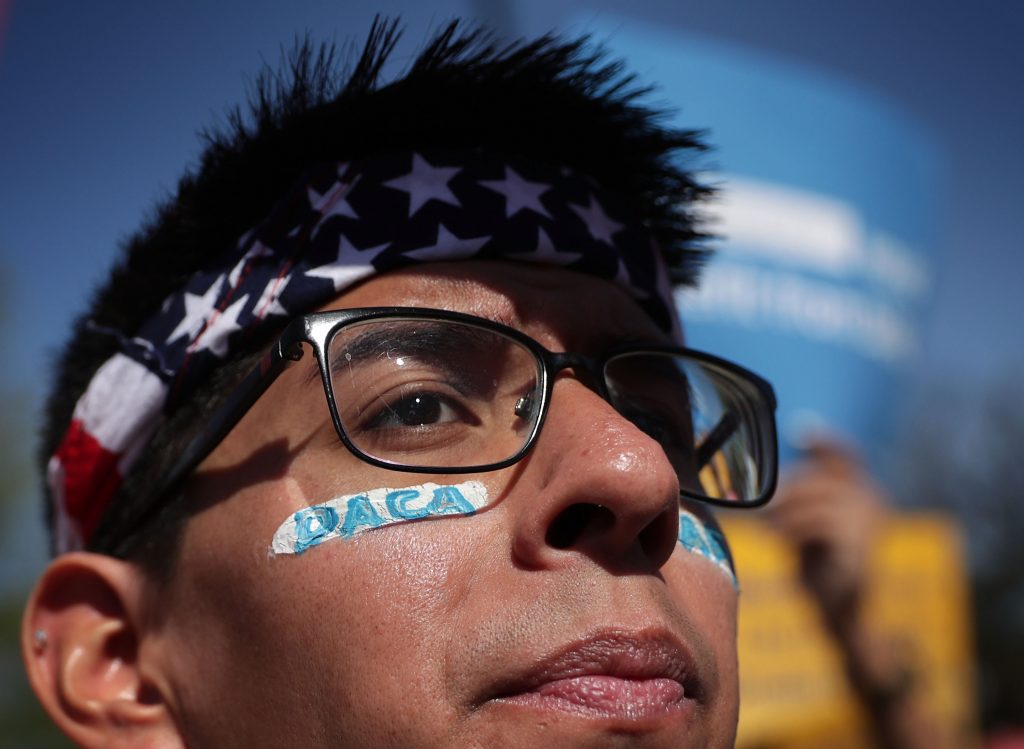“None of my friends from my hometown know. My parents raised me to be gritty, never to complain or take handouts. I didn’t want to have a victim mentality or be known for being undocumented. But I realized that sharing my story would be therapeutic, raise awareness, and help other underprivileged people.” These words tell the story of Kok-Leong Seow – an undocumented student from Wichita, Kansas – and lead The New York Times‘ impressive and powerful feature about why President Donald Trump cannot do away with Deferred Action for Childhood Arrivals (DACA) program.
Since its creation in 2012, the program has offered relief to almost 800,000 undocumented immigrants. Former President Barack Obama created DACA through an executive action to shield undocumented immigrants brought to the United States at a young age from deportation, as well as give them a chance to work and go to school in the only country they know. DACA came after years of failed comprehensive immigration reform and Congress’ inability to pass the DREAM ((Development, Relief, and Education for Alien Minors) Act. Immigration activists fighting for this community made DACA – which while far from perfect – possible. But because Obama enacted DACA without congressional approval, the program has been vulnerable since the beginning. Trump, who has been unclear about the future of the program, could unilaterally move to end DACA with a simple memo. So now more than ever, this community needs all the support it can get.
So the NYT reached out to DACA recipients and asked them to tell their stories in their own words. The 126 respondents talked about how the program changed their life and what it was like living in the shadows before 2012. Through their anecdotes, they shattered misconceptions about the undocumented community and challenged the notion that immigration is solely a Latino issue.
As the piece makes the rounds online, people are turning to Twitter to use the #DefendDACA hashtag to show solidarity. Read the NYT piece here, and then check out some inspiring #DefendDACA messages below:
1
https://twitter.com/newnewspage/status/887765159124639749




